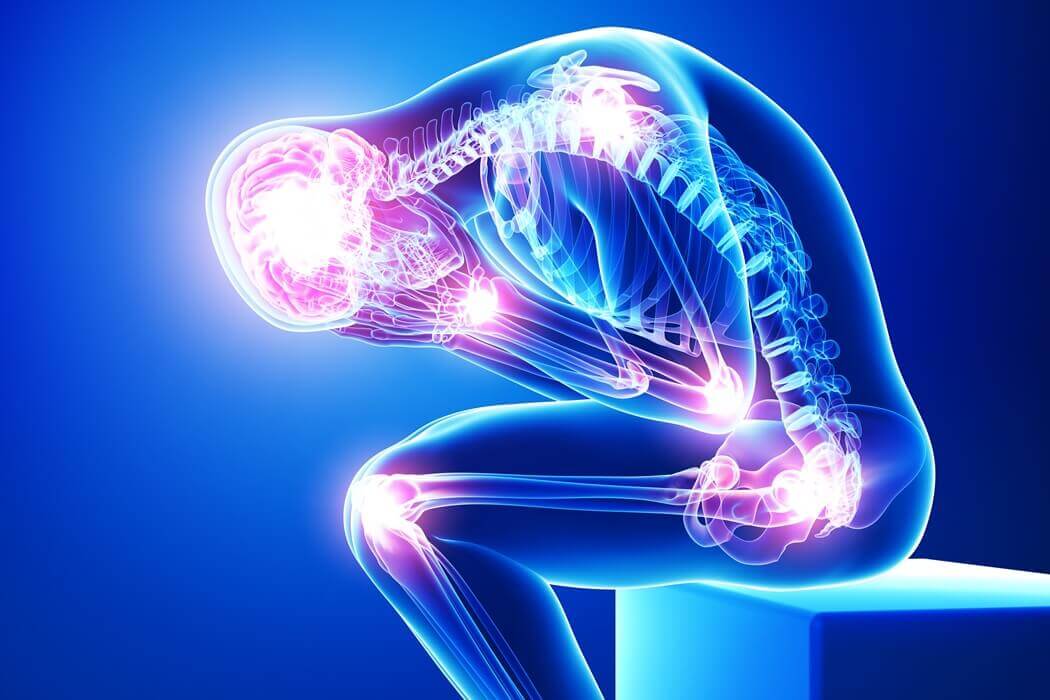
Chronic pain, defined as pain lasting longer than three to six months, can be debilitating, affecting every aspect of a person's life. It's not just a physical sensation; it impacts emotional well-being, sleep, work, and social activities. While a complete cure isn't always possible, effective management strategies, especially those involving physiotherapy, can significantly reduce pain and improve quality of life.
Understanding Chronic Pain
Unlike acute pain, which is a signal of immediate injury or illness, chronic pain persists long after the initial injury has healed (if there was one). It often involves changes in the nervous system, leading to heightened pain sensitivity. Conditions like arthritis, fibromyalgia, back pain, and neuropathic pain are common forms of chronic pain.
The Role of Physiotherapy in Chronic Pain Management
Physiotherapy is a cornerstone of chronic pain management, focusing on holistic, non-pharmacological approaches. A physiotherapist can help by:
- Accurate Assessment: Identifying contributing factors to your pain, including muscle imbalances, poor posture, and dysfunctional movement patterns.
- Pain Education: Helping you understand why you hurt, which can reduce fear and anxiety associated with pain.
- Manual Therapy: Hands-on techniques to release tight muscles, improve joint mobility, and reduce pain.
- Therapeutic Exercise: Tailored exercises to strengthen weak muscles, improve flexibility, and enhance functional movement without exacerbating pain.
- Modalities: Using tools like TENS, ultrasound, or heat/cold therapy to provide symptomatic relief.
- Movement Re-education: Teaching you safer and more efficient ways to perform daily activities, preventing re-injury and reducing strain.
- Pacing and Activity Modification: Guiding you on how to manage your energy and activity levels to avoid pain flares.
Holistic Strategies for Living with Chronic Pain
Effective chronic pain management often involves a multi-faceted approach:
- Regular, Gentle Movement: Even on bad days, gentle movement (as advised by your physiotherapist) can prevent stiffness and improve circulation.
- Stress Management: Stress can amplify pain. Techniques like mindfulness, meditation, deep breathing, and yoga can be highly beneficial.
- Good Sleep Hygiene: Prioritizing sleep helps your body heal and reduces pain sensitivity.
- Healthy Diet: An anti-inflammatory diet can support overall health and reduce systemic inflammation.
- Psychological Support: Cognitive Behavioral Therapy (CBT) or other counseling can help change your relationship with pain and develop coping strategies.
- Pacing Activities: Learn to break down tasks, take regular breaks, and avoid pushing through severe pain.
Living with chronic pain can be challenging, but you don't have to face it alone. Arogya Physiotherapy is here to provide personalized care, equip you with effective strategies, and empower you to regain control over your life. Consult with us to develop a comprehensive plan that addresses your unique needs.